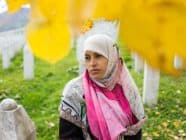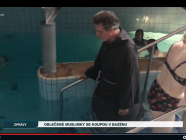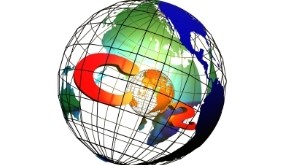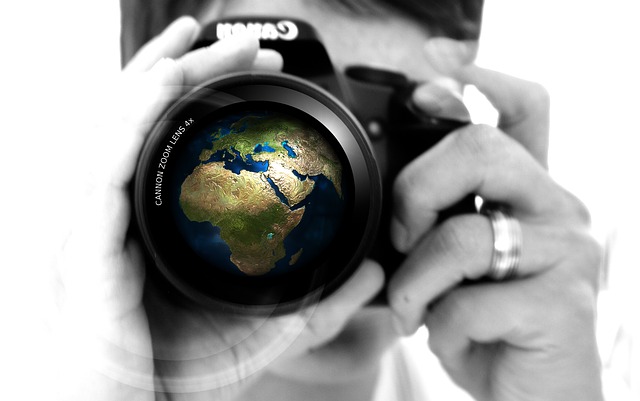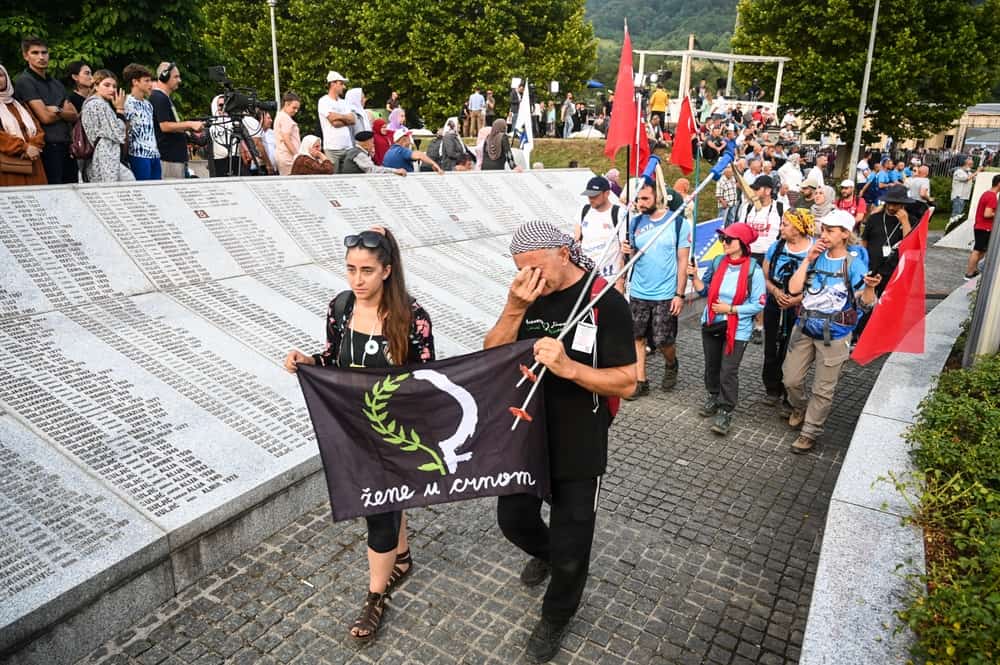
Srebrenica, Bosnia and Herzegovina, July 2021: Participants of the Peace March enter the Potočari Memorial Center. Photo by Shutterstock
‘Progress’ is the mantra of the “Youth Initiative for Human Rights” (YIHR). It was founded in 2003 in response to the problems facing young people following the conflict in the former Yugoslavia. Almost 30 years after the end of the war, Bosnia and Herzegovina remains a torn country. Ongoing ethnic conflicts, hostilities and mistrust divide their society. This has particularly affected young people in the region who have been vocal about their desire for change.
During a study excursion funded by the Erich Brost Institute for International Journalism (EBI), I spoke with the executive director of YIHR in Bosnia and Herzegovina, Irena Hasić, about the relevance of her organisation and its fight against hate speech and manipulative narratives.
Irena, what is the goal of your initiative?
We aim to foster a young generation that internalises and lives democratic values. Future generations should be familiar with the facts about the past war – that is, the real facts, the objective facts, as opposed to the narratives they grew up with or the manipulative narratives used by politicians and authorities today. This is important because, by facing the past, young people can create a better future for themselves and others.
How pressing is the issue of hate speech and harmful narratives in Bosnia and Herzegovina?
The legal system in Bosnia and Herzegovina does not combat hate speech as it should. I know that this is also not clearly regulated in other European countries. It is always difficult to distinguish between hate speech and freedom of speech. Anyone and everyone can be affected by it, and it can happen at any time, for example, in Bosnia and Herzegovina, before the organisation of the Pride parade, before the commemorations for Srebrenica or before elections. You open the online portals and see hate speech. You turn on the TV and hear hate speech. And in Bosnia and Herzegovina, it is not just meant to insult groups of people; it is also used to frighten a population still struggling with the burdens of war.
Why do you focus on young people? What is the biggest challenge they face?
The biggest problem is the economic situation. We can observe a certain lethargy among young people. They see no future and no prospects here. They are fed up with the political situation, which keeps escalating. Even when you think it can’t get any worse, politicians manage to go even further. This was especially true last year when most young people felt we were on the brink of another war. The problem is that you can’t plan anything for the future. The political situation changes from week to week. There is no sense of security, no stability.
Which age groups do you support?
In the beginning, we worked with young people aged 18 to 29. But in the last two years, we have also started working with high school students. We want to reach out to even younger people and work with elementary school students. Maybe not to talk about the war directly, but about human rights, for example. We want to counter discriminatory behaviour at an early stage. By this, I mean discrimination among young people, especially against other ethnic groups and minorities.
Tell me about some of your programmes.

Irena Hasić, Executive Director of the “Youth Initiative for Human Rights” in Bosnia and Herzegovina, with a canvas from the exhibition “Recognise the signs”. Photo by Richard Brandt
I can tell you about the “Recognise the signs” exhibition we created a year and a half ago. It is about how to recognise new forms of fascism. When fascism is combined with nationalism, the Bosnian war, World War II and the glorification of convicted war criminals, chaos ensues. One does not know what fascist and anti-fascist values are. This is what got mixed up here. That is why we planned the exhibition.
It is not built like a classic exhibition; it is more of a construction. For example, over a length of 20 metres, there is a tunnel through which you walk and hear the bombs of the Second World War. In this context, it is also about the siege of Sarajevo. Furthermore, we created a short video that shows what was happening in Europe in the early 1930s, when fascism was on the rise. If you look at the social changes, the same thing happened here in the 1990s. At the end of the exhibition, young people can record their thoughts on a wall. They can also interact and talk about all the issues: how they see the situation; what can be achieved; what they are used to; and what they might be able to change. They also discuss what it means to accept others – people who are different from them, whether because of their skin colour, religion, or ethnic background.
Because our history is so complicated, we wanted all young people from different parts of Bosnia and Herzegovina to see the exhibition. And we wanted to involve the schools.
What has been the response to the project? Is it having an impact?
The “Youth Initiative for Human Rights” has been here in Bosnia and Herzegovina since 2007. We have had more than 200 projects and are planning more on topics like hate speech. In most of our activities, we have worked with universities, professors and students. At the same time, we have built a network with secondary schools because the teachers are very interested in our work, as there are no manuals and knowledge about how to deal with these issues at the secondary school level. Therefore, they are willing to learn about it and collaborate with us to create teaching manuals.
In fact, many schools in Republika Srpska and the Federation of Bosnia and Herzegovina have opened their doors to us. In total, we have reached about 2000 young people. When you make an open call, the youth always want to participate in our activities.
We are happy that we have gained access to the schools because this is normally challenging. Non-governmental organisations have almost no access to the school system, especially in Republika Srpska, because we are seen to be supporting the United States. But we don’t know if this access will continue.
What are your plans for future projects?
We want to continue with projects on hate speech and continue to create manuals for high school teachers to train them to teach the younger generation. In general, however, everything depends on the political situation. Therefore, we also want to continue advocating for support from the international community to improve this. Ultimately, our aim remains to create projects and events focused on addressing the impact of past conflicts, on commemoration, and on facilitating community cohesion.
How achievable is your aim to undo the impact of decades of harmful narratives?
That’s something I keep thinking about as well. I think Bosnia and Herzegovina was at a crossroads in 2004 and 2005 when we had a chance to change some things in the legal system. After the war, there were more opportunities for cooperation. At that time, all sides were more willing to do so. But in the last 15 years, that has changed.
When you teach generations of people that division and separation are normal, it becomes their norm. We’re trying to work against that. We’re bringing people of diverse backgrounds and affiliations together. But that’s something that has to happen, first, on a daily basis, and second, it has to be encouraged by other institutions. The education system, for example, should promote cohesion, but it’s not doing that right now. This is where you have to start and work with young people, and you have to be persistent. That is the only way to achieve positive change.
Opinions expressed on this website are those of the authors alone and do not necessarily reflect or represent the views, policies or positions of the EJO or the organisations with which they are affiliated.
If you liked this story, you may also be interested in: How women journalists in Burkina Faso are making a difference through conflict reporting
Tags: Bosnia and Herzogovina, Conflict Resolution, Hate Speech, Peace Journalism, Young Journalists


